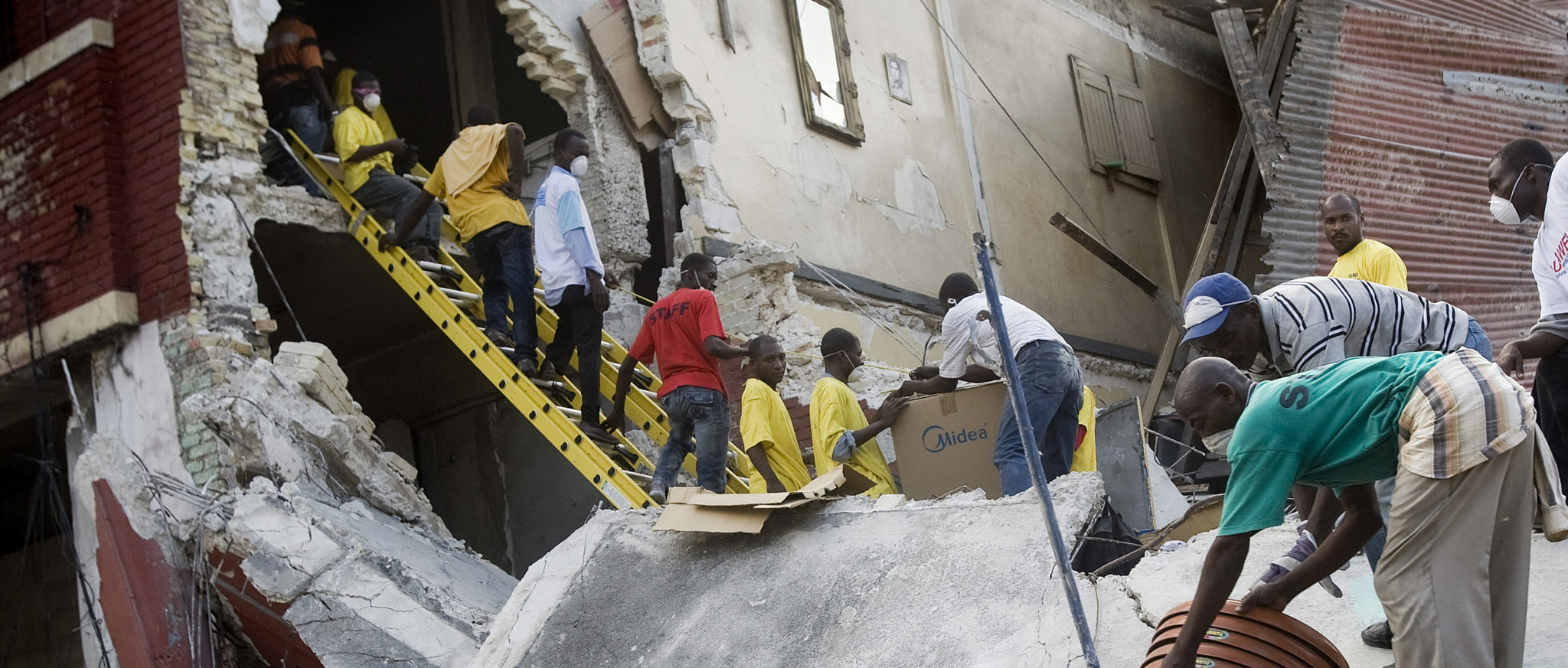


A joint initiative between the University of Bergen
and CMI – Chr. Michelsen Institute
The Humanitarian Aid Machinery
How effective is it to alleviate the suffering of the poor and maintain their rights? With Diana Skelton (ATD Fourth World) an d Arne Strand (Research Director, CMI and Director, U4 Anti-Corruption Resource Centre) in conversation with Alberto Cimadamore (CROP).

Humanitarian aid is described as the material assistance provided for humanitarian purposes to save lives, alleviate suffering, and maintain human dignity under adverse circumstances that causes and sustains suffering. Poverty, and particularly extreme poverty, and hunger, are clearly causes of suffering that kill millions every year.
Throughout history, the international community has been leaving a huge proportion of the humanity behind. International initiatives like the United Nations’ Agenda 2030 are now aiming at ending poverty and the suffering it causes.
This meeting will explore how this is seen through the eyes of the practitioners that are in the front line as well as from a researcher/evaluator’s point of view.
We will explore questions such as
- How is the international humanitarian aid machinery contributing to this new UN deal? Is it functional to the purpose of leaving no one behind?
- How is the humanitarian aid bridging the human rights gap?
- Why is the existing humanitarian aid paradigm so focused on the short term (i.e., war, natural emergencies or catastrophes, etc.)?
- What kind of science outputs do the practitioners need to make humanitarian aid effective and poverty eradication possible?
Diana Skelton has been part of the full-time Volunteer Corps of All Together in Dignity/ATD Fourth World since 1986. Over the years, she has lived and worked in low-income communities and has represented ATD at the United Nations and UNICEF. In 2014, Skelton published the first volume of
Artisans of Peace Overcoming Poverty. The second and third volumes of this book were published in 2015 and 2016.
Arne Strand is Research Director at CMI and Director of the U4 Anti-Corruption Resource Centre. He has a PhD in Post-war Recovery Studies where he studied coordination of humanitarian assistance in complex emergencies. His research focuses on aid coordination, forced migration and reintegration, peace-building and security sector reform and humanitarian and development assistance.
This event is organised in cooperation with CROP/UiB
Photo:
Workers unload a warehouse downtown Port au Prince. Port au Prince Haiti was rocked by a massive earthquake, Tuesday January 12, 2010, devastating the city and leaving thousands dead.
Marco Dormino/UNITED NATIONS/Flickr

